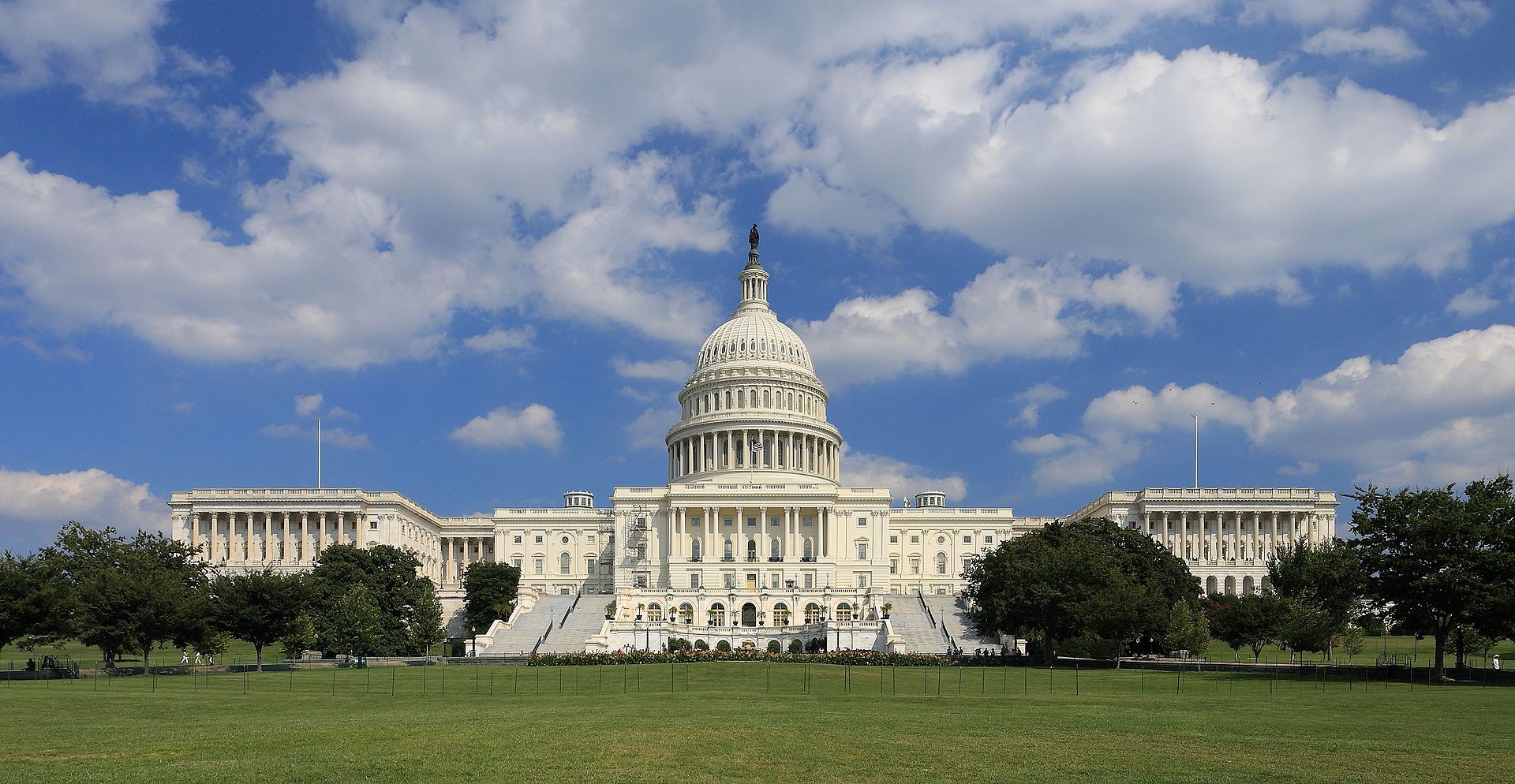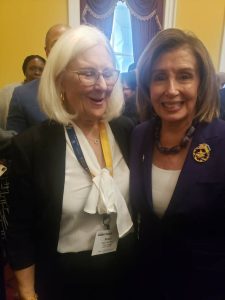By Susan Markarian, CSBA President
Springtime in Washington, D.C., is renowned for cherry blossoms and field trips to national monuments, but CSBA is building its own tradition — an annual lobbying trip on behalf of California public schools. From April 24-26, we’ll be on the ground in America’s capital making a case for the resources, legislation and policy needed to support public education back home.It’s not easy to develop an agenda that speaks to the needs of all in a state as vast and diverse as California, but along with our advocacy partners at the Association of California School Administrators (ACSA), CSBA has identified a slate of federal priorities to address with lawmakers, policy experts, cabinet officials and political insiders.
Special education funding
Research and data on the youth mental health crisis is alarming, and it’s clear more resources and services are needed to support students. The lack of sustainable funding makes it difficult to implement mental and behavioral health programs, especially when maintenance of effort requirements preclude schools from participating. The CSBA-ACSA Federal Partnership supports funding for a variety of school culture and mental health initiatives, including positive behavioral intervention programs, multi-tiered systems of supports and mental health counseling programs.
Secure Rural Schools program
Wildfires are devastating Western states including California. As forest communities pay the personal and economic price, Congress must act on long-term forest management, fire prevention and the Secure Rural Schools (SRS) and Community Self-Determination Act, which is authorized only through the end of fiscal year 2023. SRS is critical to support essential safety, fire, police, road, bridge and education services. We strongly urge Congressional support of legislation to reauthorize the act, as this program helps schools provide services to impacted students and families. The expiration of SRS would create dramatic budgetary shortfalls for more than 700 rural counties and 4,400 rural schools across the United States, including schools in 39 counties in California.
Educator shortage
Broadband access
The Biden Administration is calling for minimum mandated security standards across multiple industry sectors to deal with the growing cybersecurity threat. We will demand that public schools be included in cybersecurity conversations and that special attention be paid to the unique needs of public schools as soft targets with limited resources to fend off sophisticated hackers.
Nutrition
Social Security
The Social Security Act penalizes California educators who retire under the California State Teachers’ Retirement System (CalSTRS) by reducing benefits for educators who have earned Social Security retirement and CalSTRS retirement during their lifetime, and by reducing the spousal Social Security benefits for individuals who retire from CalSTRS. We are supporting H.R. 82 to repeal these provisions.Even if you’re did not travel to D.C., you have a large role to play in advancing CSBA’s legislative priorities. We encourage you to contact your representatives and advocate for the policies listed above — they will make your work on behalf of students more efficient and effective.




